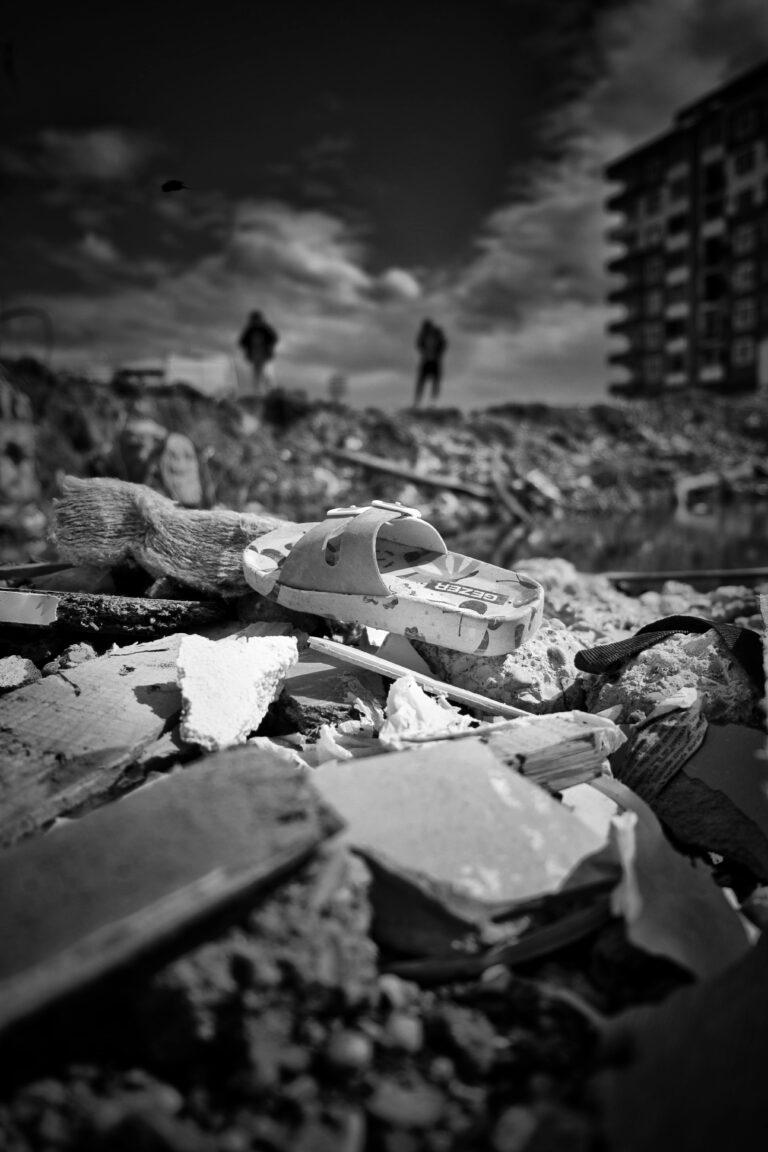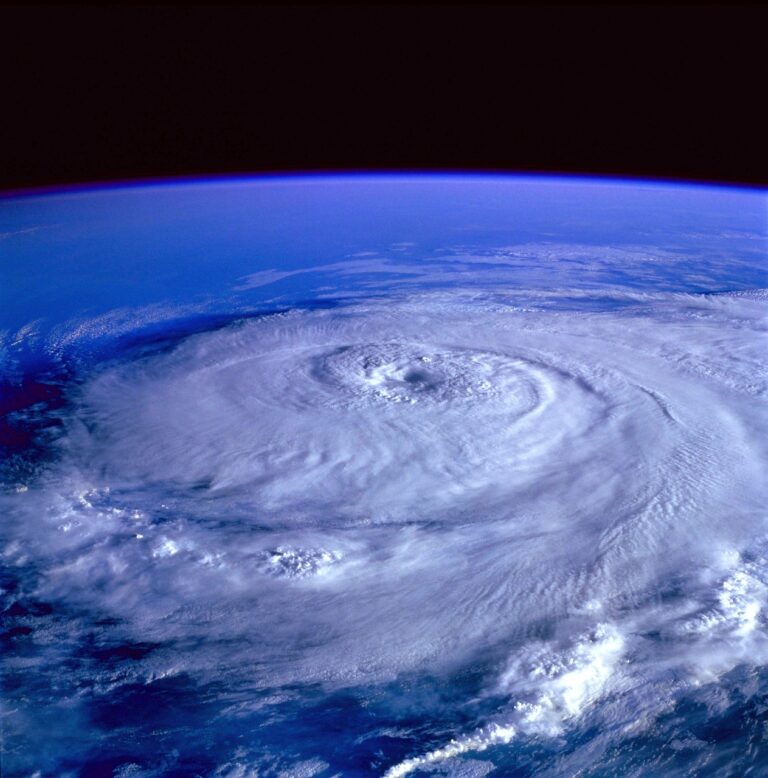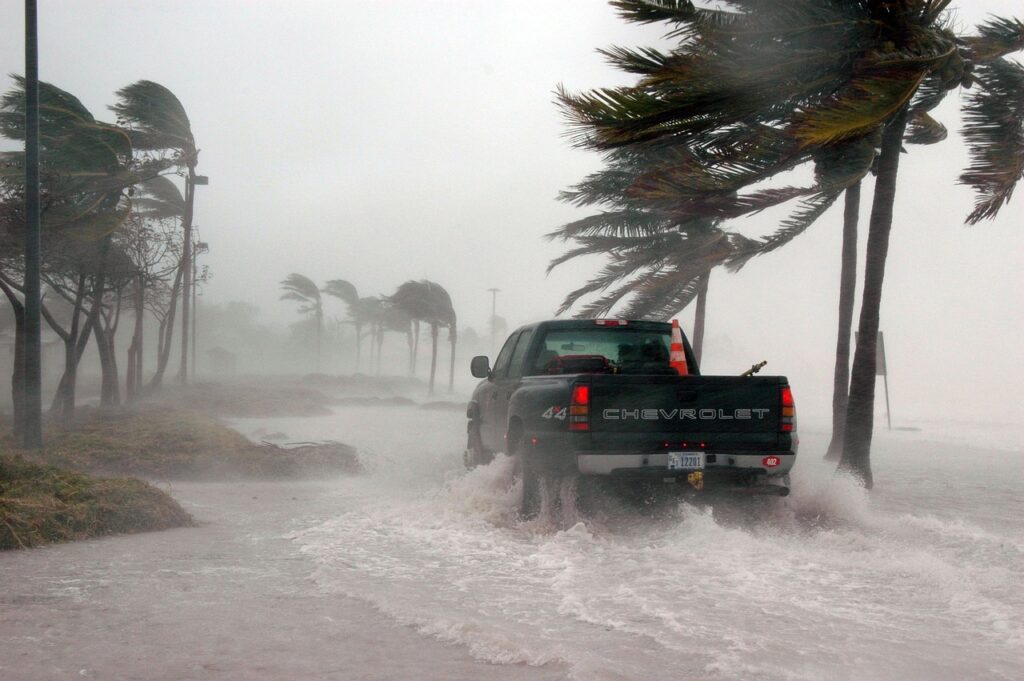While this website is all about emergency preparedness, one important issue I haven’t addressed is what happens post-disaster if you are caught by surprise or unable to leave/decide to stay. A good example would be Hurricane Beryl, which has torn through the Caribbean and went to Texas leaving death, destruction and thousands without power. With all the talk about preparedness, what happens afterward? Whether you stayed to try and get through it or you evacuated and returned to devastation, what do you do now?
It’s a very difficult time for those who may not have only lost a home and the possessions it contained but may have loved ones who were injured…or worse. Hopefully, the tips below will help anyone dealing with a post-disaster scenario.


- Wait for the All Clear: Don’t venture outside until authorities say it’s safe. Downed power lines, debris, and structural damage can pose serious threats. Power lines can be fully energized; never assume that just because they appear separated or don’t look “live” they aren’t. Stay away, and don’t drive over them! Debris can contain sharp objects, chemicals, etc. Certain buildings may be dangerous to enter if they have been structurally compromised by the disaster.
- Beware of Floodwaters: Standing water can be contaminated and carry electrical currents. Avoid wading through it, and do NOT drink, cook, or bathe with it!
- Mind the Gas: Immediately shut off the main valve and evacuate the area if you smell gas. Don’t use appliances or lighters that could spark an explosion. If you can, contact the gas company and report a leak.
- Carbon Monoxide = danger: Generators can emit carbon monoxide, so only run them outdoors and far from windows. Since carbon dioxide is called “the silent killer” install a carbon monoxide detector in your home, readily available at your big-box store.
- If possible, wear boots or sturdy shoes to protect your feet from debris and to avoid contact with floodwater.
Assessing the Damage:
- Inspect Carefully: Check for loose wires, leaks, and structural damage around your property. If you are returning to your home, do this before entering.
- Document Everything: Take photos and videos of any damage to your home and belongings for insurance purposes, then contact them if you know you need to file a claim.
- Temporary Repairs: Board up broken windows to prevent further weather damage or vandalism. If there is roof damage, use a tarp(s) to try and prevent further damage and document you have done this when you speak to your insurance company.
Taking Care of Yourself and Others:
- Stay Hydrated: Drink clean bottled water, especially during hot weather. DO NOT drink floodwater or drink from any source that may have been contaminated with it.
- Food Safety: Discard food that has spoiled due to power outages. Remember the rule, “When in doubt, throw it out!”
- Listen to Local News: Stay informed about road closures, aid centers, and updates from local authorities. Be sure to have a NOAA or crank radio to keep up the news without the Internet, a necessity to locate food, water and other resources!
- Help Your Neighbors: Check on people who might need assistance, especially the elderly or those with disabilities. Be mindful of your safety, heeding the above tips before you do this!
Regardless of your location, or even if a different disaster, the above would still apply. But your best defense is being weather-aware, and having your bug out bags or safe place ready and secure for whatever decision you make. For more post-hurricane/disaster information, check out this link from Farah & Farah Outreach.




Pingback: Asbestos & Mesothelioma: How To Avoid The Hidden Post-Disaster Risk → urbanladyprepper.com